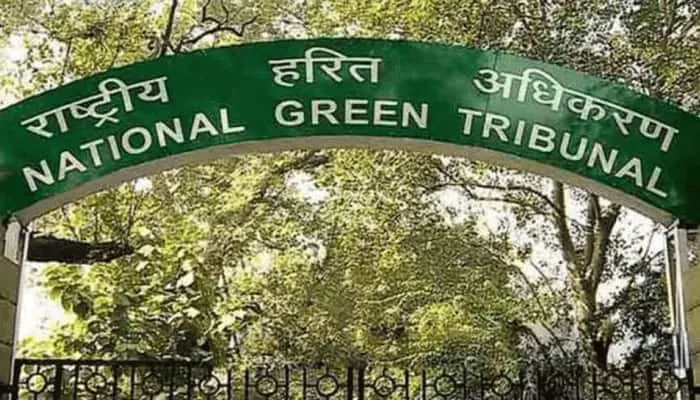Description

Copyright infringement not intended
Context - The National Green Tribunal (NGT) has directed the Uttar Pradesh and Bihar state governments to submit reports on the number of dead bodies found floating in the Ganga River as well as the bodies that were buried on the riverbed from the beginning of COVID-19 till 31st March 2022.
National Green Tribunal
- It is a Statutory Body under National Green Tribunal (NGT) Act 2010.
- It ensures environmental justice.
- It is not bound by the Code of Civil Procedure; it is guided by principles of natural justice.
- Disposal of applications within 6 months.
- Currently, 10 expert members and 10 judicial members (the Act allows for up to 20 of each).
- Only a Judge of the Supreme Court or a Chief Justice of a High Court Can be appointed as Chairman.
- Members are chosen by a Selection Committee (headed by a sitting judge of SC).
- Judicial members are chosen from applicants who are serving or retired judges of High Courts.
- Expert members are Chosen from applicants who are either serving or retired bureaucrats, not below the rank of an Additional Secretary.
- Expert members must have a doctorate in a related field.
- Chairman and members term of 5 yrs and are not eligible for re-appointment.
- NGT pass orders or provides Compensation under;
- The Water (Prevention and Control of Pollution) Act.
- Water (Prevention and Control of Pollution) Cess Act, Forest (Conservation) Act.
- Air (Prevention and Control of Pollution) Act.
- Environment (Protection) Act 1986.
- Public Liability Insurance Act 1991.
- Biological Diversity Act 2002.
- The act proposed to Set up 5 places of Sittings:
- New Delhi
- Bhopal
- Pune
- Kolkata
- Chennai
https://epaper.thehindu.com/Home/ShareArticle?OrgId=GO09QQ560.1&imageview=0













